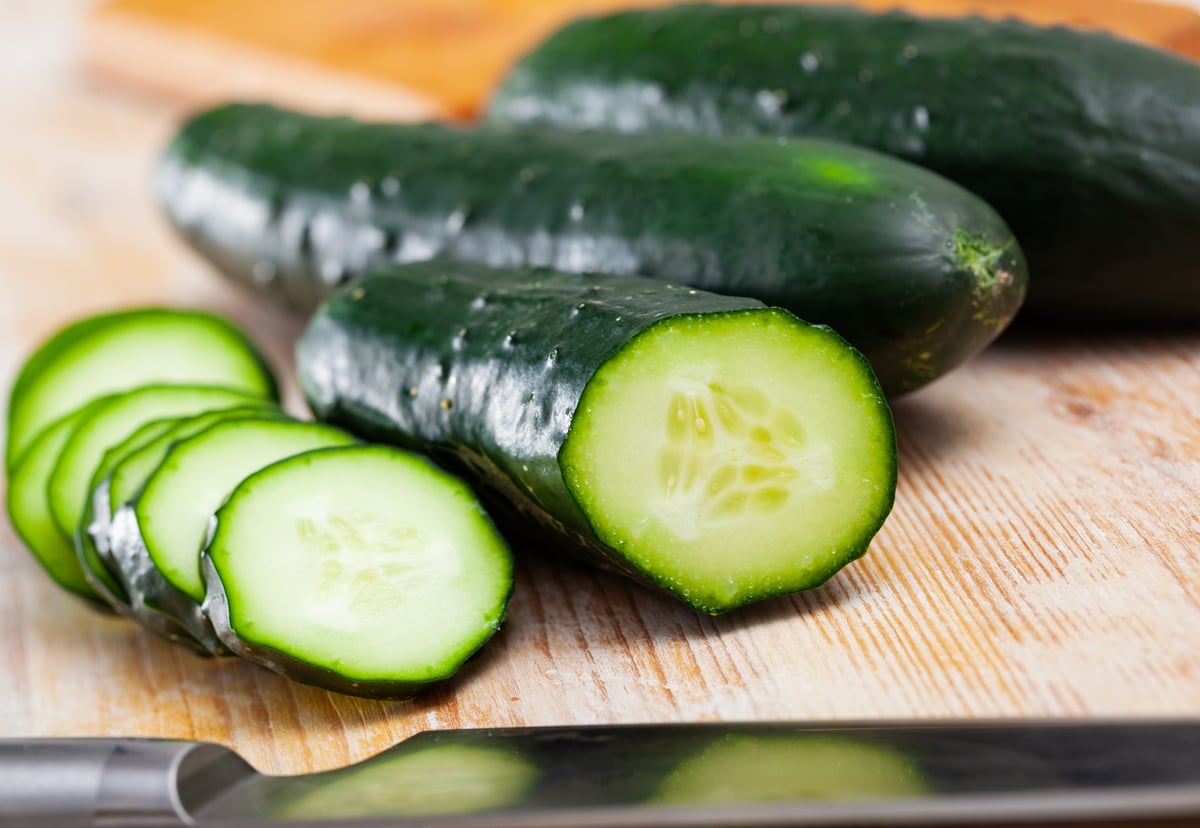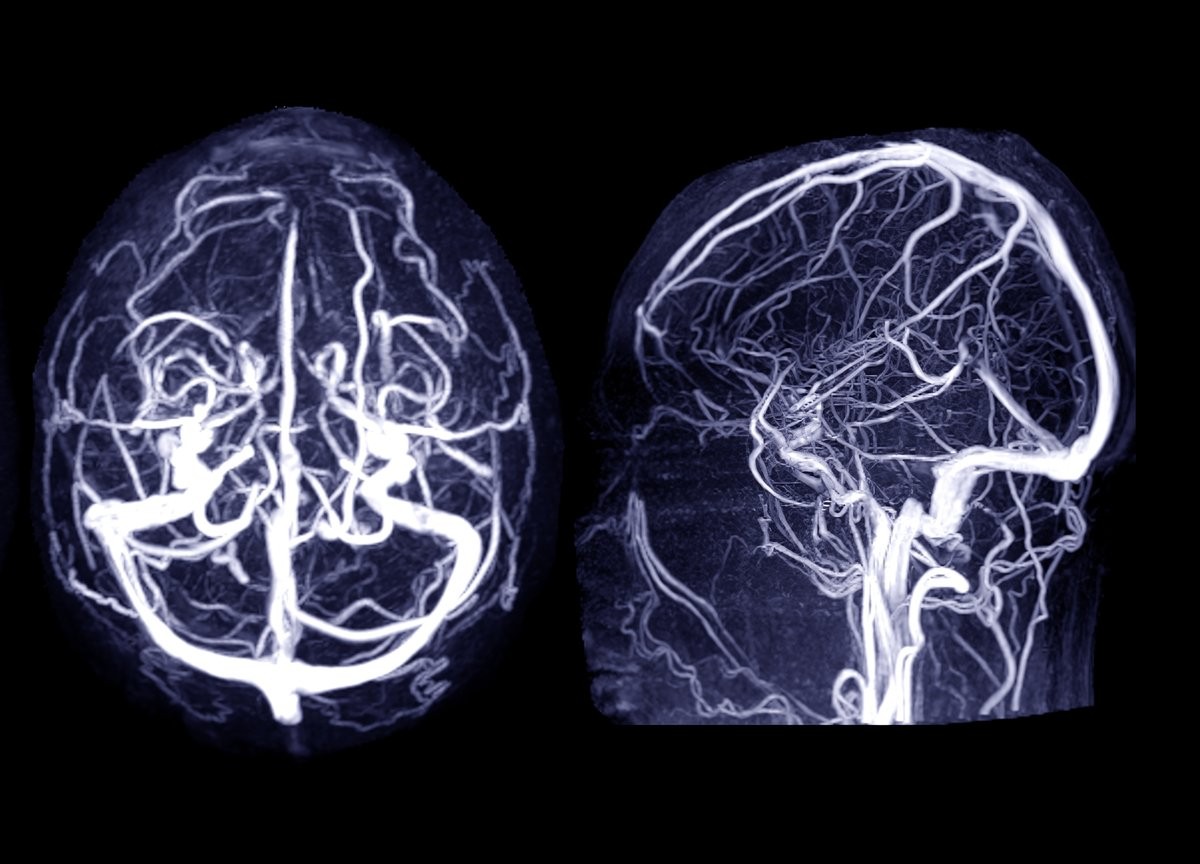
Severe forms of autism could be linked to overgrowth of the brain’s outer layer that starts while a baby is in the womb, a new study finds. Toddlers with autism have cerebral cortexes — often referred to as “gray matter” — that are roughly 40% larger than those of children without the developmental disorder, researchers… read on > read on >


















